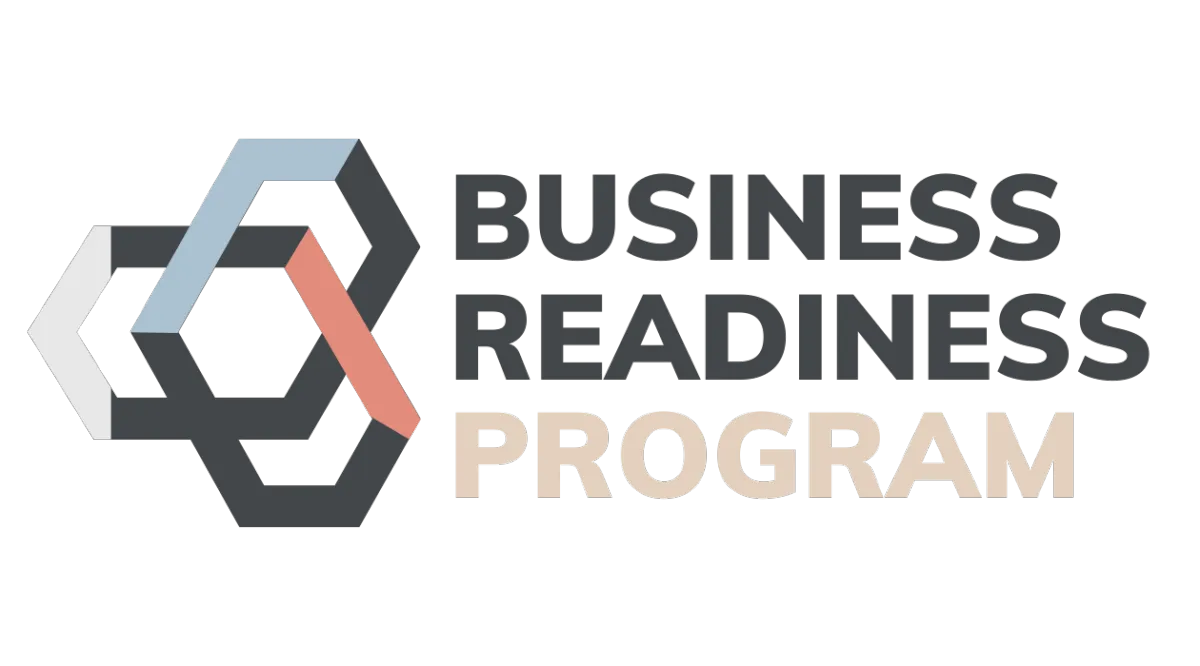
The Ripple Effect: How One Small Business Transforms a Local Economy
Abstract:
Small businesses are often regarded as the backbone of local economies, but their quantifiable impact often goes underappreciated. This study uses a hypothetical example of Jane’s Local Coffeehouse, a small, community-based business, to understand how its operations affect local employment, community development, and economic circulation. The numbers presented are grounded in data from real-world studies, illustrating the profound effects even one business can have on a community's economic vitality.
Introduction:
Small businesses contribute significantly to the U.S. economy, employing nearly half of the private workforce and generating approximately 44% of economic activity nationwide (Source). Beyond job creation, these businesses drive local economic and social development in unique ways.
This blog presents a case study of a hypothetical business—Jane’s Local Coffeehouse—to illustrate the measurable ripple effects of a single small enterprise. While the coffeehouse is fictional, the data and scenarios presented are grounded in economic research and legitimate statistical models.
Case Study: Business Overview
Business Name: Jane’s Local Coffeehouse
Location: Smalltown, USA
Industry: Food & Beverage
Employees: 8
Revenue (Annual): $250,000
Jane’s Local Coffeehouse represents a typical small business, built on real-world benchmarks for revenue, employment, and local sourcing practices (Source). Its supply chain, customer base, and community impact illustrate the tangible benefits of small businesses to local economies.
Economic Impact Analysis:
1. Direct Employment and Wages
Jane’s employs eight local workers, reflecting the average staff size for small food and beverage businesses (Source). With annual wages totaling approximately $120,000, employees reinvest their earnings in housing, groceries, and recreation, directly benefiting the local economy.
2. Local Supplier Partnerships
Around 70% of Jane’s inventory—coffee beans, baked goods, and other supplies—are sourced from local farms and bakeries. This practice channels an additional $90,000 annually into nearby businesses, creating a multiplier effect that supports jobs and fosters economic resilience (Source).
3. Multiplier Effect
According to research, small businesses in the food and beverage sector typically have a local economic multiplier of 1.5 (Source). For Jane’s, this means every dollar of revenue generates an additional $1.50 in local economic activity. With $250,000 in revenue, the coffeehouse contributes $375,000 to Smalltown’s economy annually.
4. Community Engagement and Indirect Benefits
Jane’s regularly hosts community events like open mic nights and book clubs, drawing foot traffic to neighboring businesses. Local shops report a 10% increase in sales during these events, demonstrating how a single business can amplify broader economic activity (Source).
Discussion:
This analysis of Jane’s Local Coffeehouse underscores how even a hypothetical small business can significantly influence a local economy. Key takeaways include:
Job Creation: Small businesses directly employ locals, reducing unemployment and providing income stability.
Supply Chain Impact: Local sourcing strengthens neighboring businesses and fosters economic interdependence.
Community Development: Events and foot traffic stimulate commerce and contribute to a thriving local ecosystem.
The multiplier effect highlights how spending locally benefits multiple stakeholders, from employees and suppliers to surrounding businesses.
Conclusion:
The case of Jane’s Local Coffeehouse illustrates the profound economic ripple effect generated by small businesses. While modest in size, such enterprises drive job creation, stimulate economic circulation, and foster vibrant communities.
Investing in small businesses—through grants, loans, or other resources—is more than just supporting individual entrepreneurs; it’s about empowering entire communities to thrive.
Are you a small business owner ready to make an impact? Our grant and revolving loan fund programs are here to help you succeed. Apply today to amplify your role in the local economy!
References:
Contact BRP
920-212-1475
Legalize
© 2024 HABO Ventures Inc.- All Rights Reserved

